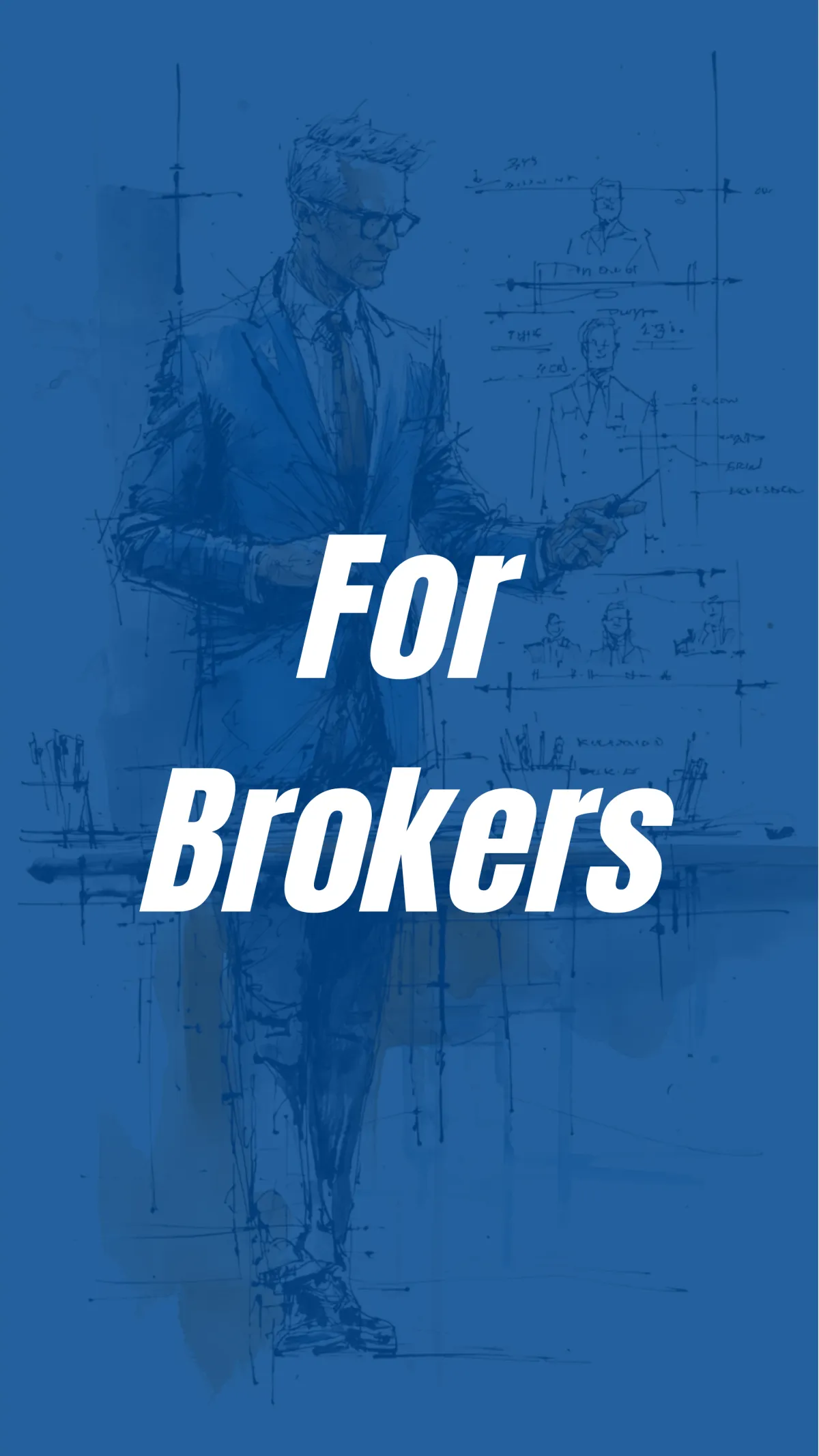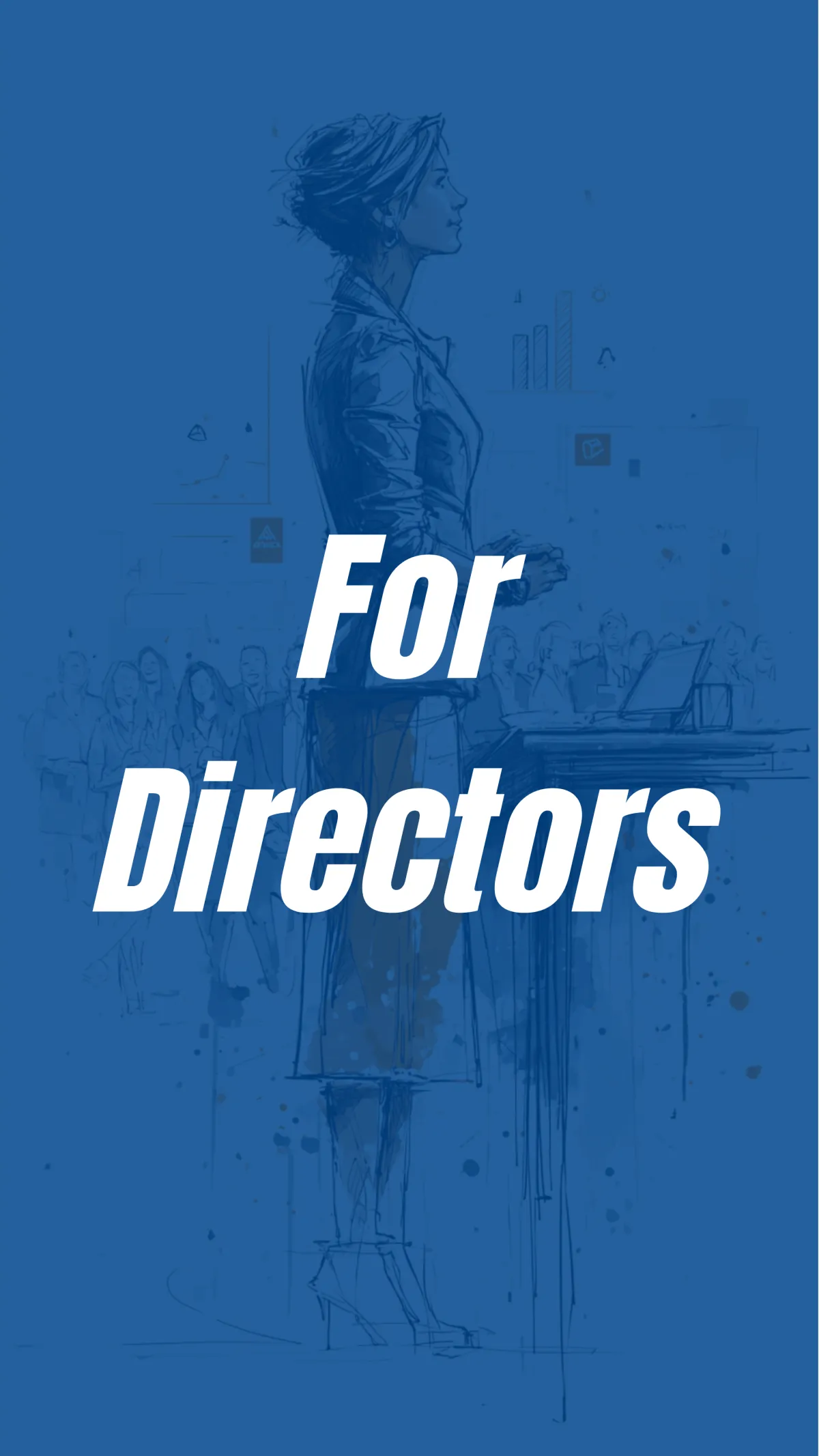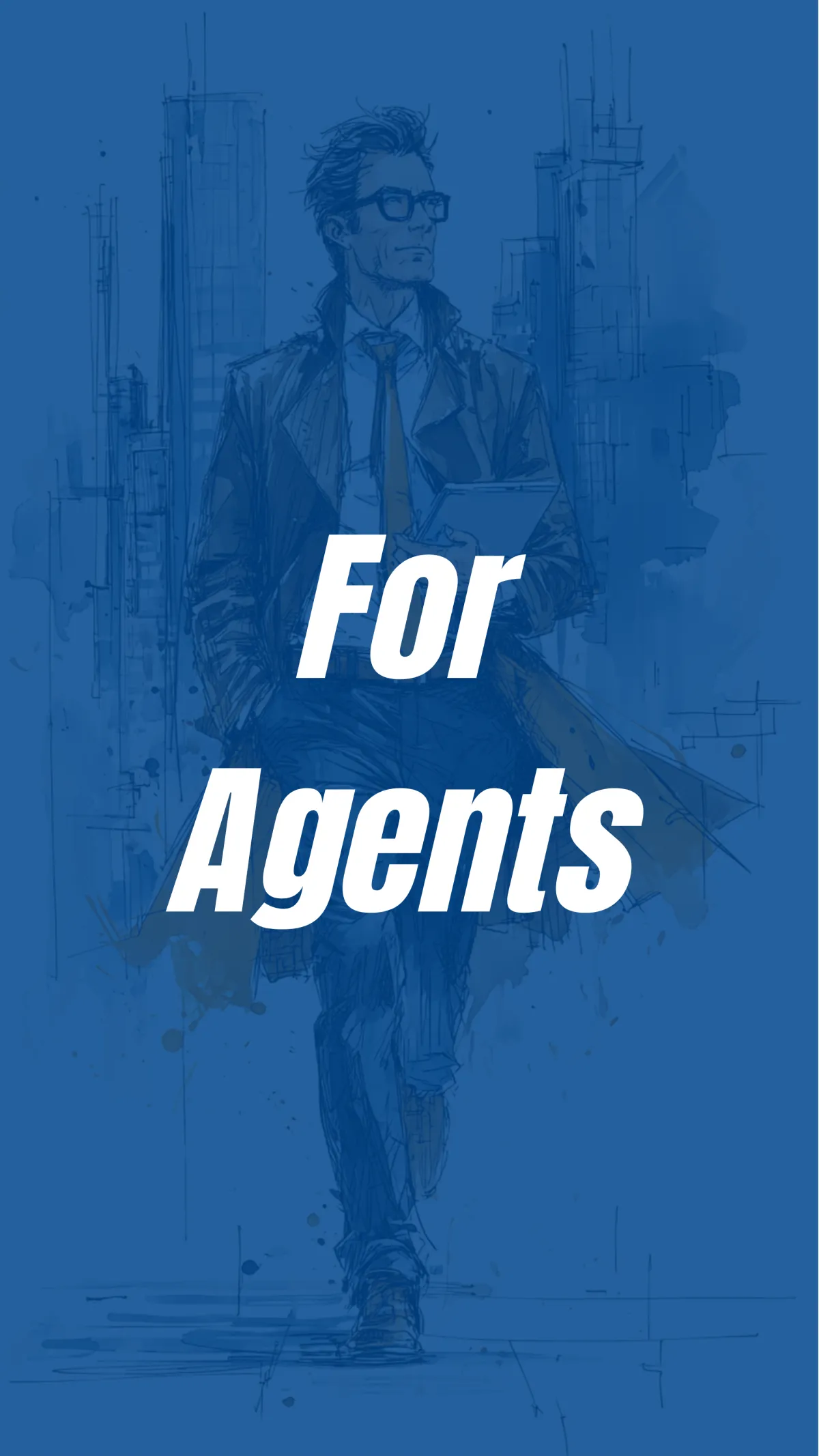
Which Business Assets Need the Most Protection?
You've poured countless hours into building your real estate business. You've shown homes at all hours, negotiated tough deals, and celebrated with clients as they got their new keys. But have you ever stopped to ask yourself, which business assets need the most protection?
It's a critical question because the answer isn't what you might think. Your most valuable assets aren't just your laptop or the sign riders in your car. If you're serious about long-term success, you need a solidbusiness structureand anasset protectionplan to truly build a business that lasts.
Unlock your potential with AI-powered solutions tailored to your real estate needs. Save time, grow faster, and work smarter. Schedule your discovery session now at http://lesix.agency/discovery.
Beyond the 'For Sale' Sign: Identifying Your Most Valuable Assets
Which business assets need the most protection? We often think about protecting physical things we can see and touch. This makes sense because they are tangible. But the real value, the engine that drives your income and growth, is often invisible—and that’s whereasset protectionreally matters.
These are the things that differentiate you from every other agent in your market. They are your reputation, your client relationships, and the systems you've built. Without them, your business would grind to a halt. Effectiveasset protectionisn’t just about locks and insurance—it’s about safeguarding the intangibles that keep your business moving.
Think of it this way. You can always buy a new computer, but you can't buy a stellar reputation overnight. It's earned through every single interaction, and that makes it priceless.

Your Reputation Is Your Goldmine
In real estate, trust is everything. Your reputation is the foundation of that trust. It's what makes a potential client choose you over dozens of other agents.
A strong reputation is built one happy client at a time, but it can be damaged in an instant. This makes it one of your most precious, and fragile, business assets. Effectiveasset protectionmeans actively guarding it—because once trust is lost, it’s incredibly hard to regain.
Guarding Your Online Presence
Today, your reputation lives online. What do people see when they search your name? Positive reviews on sites like Zillow andGooglecan be a massive lead generator.
Managing your online presence is not a passive activity. You should encourage happy clients to leave reviews and have a plan to respond professionally to any negative feedback. Taking steps like this is part of a broader strategy of asset protection and maintaining limited liability, helping safeguard your business from potential reputational or legal risks.
According to the National Association of REALTORS, being proactive is your best defense against reputational harm. Your social media profiles are also a big part of this, so what you post and how you interact matters.
The Power of Word-of-Mouth
Long before the internet, an agent's reputation was built through word-of-mouth. This is still incredibly powerful today. Your brand isn't just what you say it is; it's what your clients say it is when you're not in the room.
Every phone call, every open house, and every negotiation is a chance to strengthen your reputation. Providing consistently excellent service is one of the bestasset protectionstrategies and is essential to a solidbusiness structure. It leads to the kind of referrals that money can't buy.
Getting involved in your community also builds goodwill. When people see you as a helpful neighbor and local expert, they're more likely to trust you with their largest financial transaction.
The Lifeline of Your Business: Client Data and Relationships
If your reputation gets clients in the door, your relationships and data keep them coming back. Your client database is so much more than a mailing list. It is a detailed record of trust, history, and future opportunities.
Think about your past clients and your sphere of influence. This is a group of people who already know, like, and trust you. This asset holds immense potential for repeat business and referrals if you protect and nurture it.
Protecting Your Client Database
Long before the internet, an agent's reputation was built through word-of-mouth. This is still incredibly powerful today. Your brand isn't just what you say it is; it's what your clients say it is when you're not in the room.
Every phone call, every open house, and every negotiation is a chance to strengthen your reputation. Providing consistently excellent service is one of the bestasset protectionstrategies and is essential to a solidbusiness structure. It leads to the kind of referrals that money can't buy.
Getting involved in your community also builds goodwill. When people see you as a helpful neighbor and local expert, they're more likely to trust you with their largest financial transaction.
Nurturing Your Referral Pipeline
Protecting this asset goes beyond just keeping it secure. You have to actively nurture the relationships within your database. Your connection with a client should not end when you hand over the keys.
This is your referral pipeline, a core asset for sustainable growth. Simple actions can keep this pipeline flowing. A monthly email newsletter with market updates or a quick check-in call can go a long way.
This proactive approach protects the future value of your relationships. It keeps you top of mind so when someone in their circle needs an agent, your name is the first one they mention.
Choosing the Right Business Structure for Asset Protection
One of the most powerful asset protection strategies involves the legal foundation of your company. Your business structure can either expose your personal finances to risk or shield them from it. Selecting the right legal entity is a foundational step in any asset protection plan.
Sole Proprietorship & General Partnership
Many agents start as a sole proprietorship. It's the simplest structure, with no formal action needed to create it. However, the biggest risk of a sole proprietorship is the unlimited personal liability you face.
There is no legal separation between you and your business. This means if your business is sued, your personal assets, like your home and savings, are at risk. A general partnership functions similarly, but with two or more owners, where each general partner typically has unlimited personal liability for business debts.
Limited Partnership
A limited partnership (LP) is a more complex structure involving at least one general partner and one or more limited partners. The general partner manages the business and has unlimited personal liability. Limited partners, however, have liability protection and are only liable up to the amount of their investment.
Limited Liability Company (LLC)
A limited liability company (LLC) is a popular choice for many small business owners. An LLC provides the liability protection of a corporation with the tax efficiencies and operational flexibility of a partnership. It creates a separate business entity, which is a crucial distinction.
This structure helps keep your personal assets protected from business debts and lawsuits. Limited liability companies also offer flexibility in tax status. You can choose to be taxed like a sole proprietorship, partnership, S-Corp, or C-Corp, helping to avoid double taxation on your income as a limited liability company.
Corporations
Both S-Corporations and C-Corporations offer the strongest liability protection because they are completely separate legal entities from their owners. This means your personal liability is strictly limited. Corporations require more formal record-keeping, such as holding board meetings and keeping minutes.
C-Corporations face double taxation; the corporation pays federal income tax on corporate profits, and then shareholders pay taxes on dividends. S-Corporations avoid double taxation by allowing profits and losses to be passed directly to the owners' personal tax return. A close corporation is a type of corporation with a small number of shareholders, often ideal for family-owned businesses.

Answering "Which Business Assets Need the Most Protection?" with Your Systems
Consistency builds trust, and systems create consistency. Your unique processes for marketing, lead follow-up, and client communication are valuable business assets. They are your secret sauce for delivering a great experience every time.
These are the operational blueprints that make your business run smoothly and efficiently. Without them, you're constantly reinventing the wheel, which wastes time and can lead to mistakes. Documenting these processes turns your expertise into a tangible, protectable asset.
Securing Your Marketing and Lead Generation Machine
Your website, your blog content, and your lead funnels all work to bring you new business. These marketing components are assets that you own and control. It's important to keep them secure.
Make sure your website is secure with an SSL certificate, and perform regular backups. Also, be sure that you have full ownership of your domain name and your marketing platform accounts. Losing control of these could cut off your lead flow instantly.
Your intellectual property, like unique marketing materials or training content you've created, is also an asset. These are things that set you apart from competitors. You need to be mindful of how they are used and by whom.
Documenting Your Processes
What's your step-by-step plan from the first call with a new lead to the closing table? This entire workflow is a system and a massive asset. Having it documented is a powerful form of protection.
Creating Standard Operating Procedures (SOPs) is like creating a user manual for your business. This documentation is invaluable if you decide to hire an assistant or grow a team. It ensures that your brand's quality of service remains high, no matter who is performing the task.
This turns your personal knowledge into a scalable business asset. It gives your business resilience and value beyond just your individual efforts.
Advanced Protection Strategies
Once you've secured your intangible assets and chosen the right business structure, you can explore more advanced legal protections. These tools offer additional layers of security for the wealth you've worked hard to build. A comprehensive estate plan often works in concert with your business protection plan.
For example, a holding company can own your operating business as an asset, further insulating it from liability. Additionally, certain trusts can be powerful tools. An irrevocable trust can be structured to hold assets, keeping them outside the reach of potential creditors.
These asset protection trusts require careful planning with legal and financial professionals. You might even establish a family limited partnership to protect assets while passing wealth to family members. These strategies are part of a sophisticated approach to making sure your assets are safe.
Tangible Assets and Insurance Still Matter
While intangible assets often hold the most value, we can't ignore the more traditional ones. These protections are like the walls of your house. They provide a fundamental layer of security for everything inside.
Your physical equipment, like computers and cameras, obviously needs protection. But thinking bigger, having the right liability insurance is a critical asset protector. It creates a shield between your business and personal life.
Errors & Omissions (E&O) insurance is non-negotiable in this industry, acting as a crucial safety net against potential claims. The U.S. Small Business Administration also offers great resources on different types of business insurance you may need. Proper coverage is a cornerstone of sound business management.
Conclusion
So, when we look at the question of which business assets need the most protection, the answer is clear. You have to look beyond your office keys and lockboxes and personal assets. You've worked hard, and protecting the fruits of that labor requires a multi-faceted approach.
Your most critical assets are your reputation, your client relationships, and the operational systems you've created. Alongside these, your chosen business structure provides the legal foundation for safety. An LLC or corporation creates a barrier that helps keep personal assets protected.
Protecting these pillars isn't about buying a better lock; it's about being proactive with your service, careful with your data, and consistent with your processes. By focusing your asset protection strategies on these core areas, you're not just safeguarding your business today. You're building a brand that can weather any storm and succeed for years to come.
Ready to take your real estate success to the next level? Schedule your discovery session today atlesix.agency/discovery. Stay ahead with tips and insights—subscribe to our newsletter atlesix.agency/newsletter.










